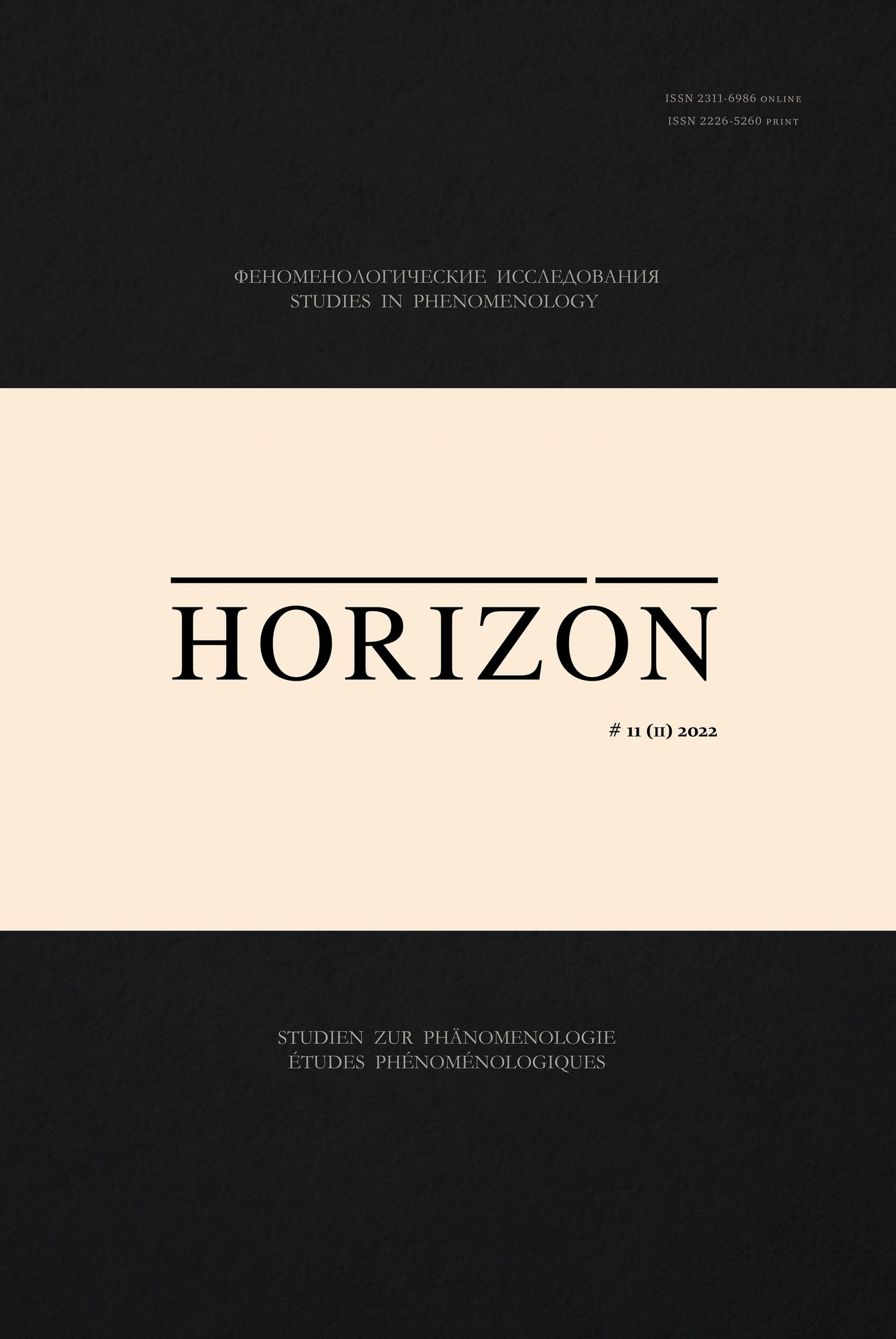The phenomenon of musical identification. A view from Heidegger's early phenomenology
The phenomenon of musical identification. A view from Heidegger's early phenomenology
Author(s): Christian VassilevSubject(s): Music, Aesthetics, Existentialism, Phenomenology
Published by: Издательство Санкт-Петербургского государственного университета
Keywords: givenness, life-experience; constitution; relation; Mitsein; subjectivity; attunement; Mitvollzug;
Summary/Abstract: The starting point of the following article are statements by various prominent musical performers of the 20th century who have testified to the life-experience of musical identification, i. e. the experience of unity and oneness with music. The purpose of the article is to explore the phenomenological implications of this experience on the basis of Martin Heidegger's early phenomenological work. The article compares Heidegger's early view of phenomenal givenness with that of Edmund Husserl. While Husserl sees phenomenal givenness as constituted by (transcendental) consciousness, Heidegger finds primary givenness in the resonance (Mitschwingen) between the I and its lifeworld. I argue that in Heidegger's early phenomenology it is not the subject, but rather the relation between I and world, which “constitutes” givenness. This viewpoint allows for the exploration of musical identification as a life-experience. Musical identification suspends the difference between subject and object. In musical identification, it is the relation between “I” and music, which is constitutive of both. Thus, music cannot be adequately grasped in phenomenological terms if it is regarded simply as an object, which is the premise of more traditional phenomenological approaches to music such as Roman Ingarden's and Mikel Dufrenne's. Ingarden and Dufrenne both position music at a distance from the subject, as something to be explored in its objective characteristics, without presupposing the constitutive relation between them. Contrary to them, Hans-Heinrich Eggebrecht, Günther Anders and Ilya Yonchev all recognize that the subject-object divide is insufficient for the exploration of musical experience. However, while Eggebrecht ultimately remains within the subject-object-dichotomy, Anders and Yonchev both develop the idea of musical Mitsein, or Being-with-music, which dispenses with the subject-object premise altogether and interprets musical life-experience as a mode of Being within which the sense of the I and musical sense coincide.
Journal: Horizon. Феноменологические исследования
- Issue Year: 11/2022
- Issue No: 2
- Page Range: 584-606
- Page Count: 23
- Language: English

